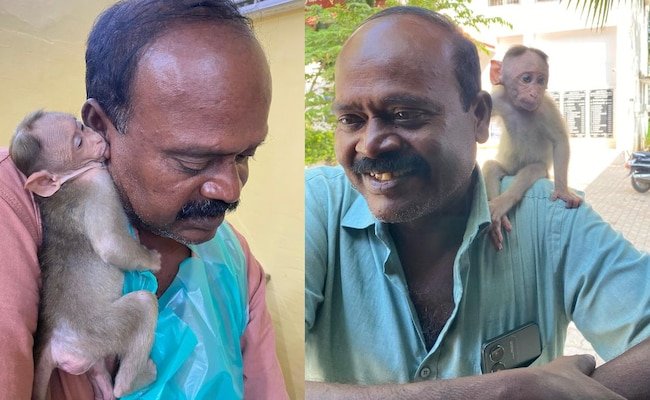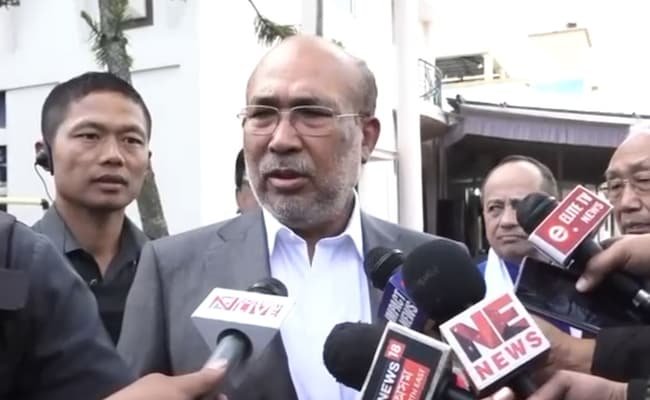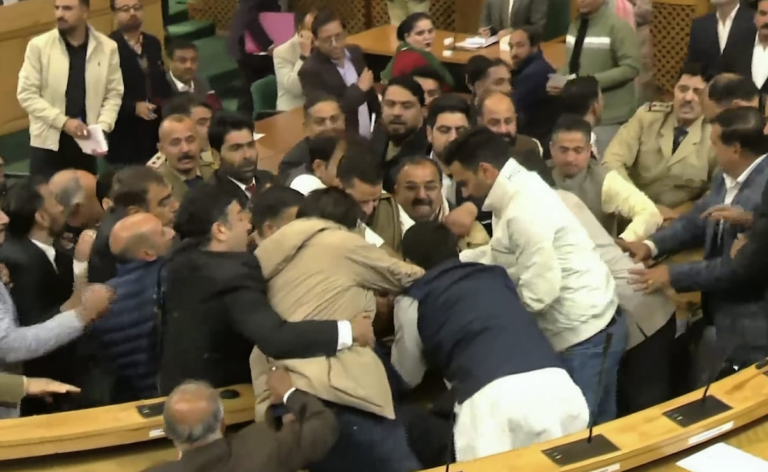
NEW DELHI: Fast-track courts, set up for the purpose of expediting disposal of long-pending cases and those against women, children, elderly and the disabled, have been clogged like normal courts, with pendency increasing by 40% in the last three years – from 10.7 lakh, pending cases have gone up to over 15 lakh in these FTCs since 2020.
States are primarily responsible for setting up of FTCs, which are in addition to centrally sponsored scheme of fast-track special courts (FTSCs) for cases of rape and those against children booked under Pocso Act. The pendency of rape and Pocso cases in these FTSCs have been alarmingly high, too, at around two lakh cases.
According to information shared by law minister Kiren Rijiju with Parliament last week, 764 FTSCs, including 411 exclusive Pocso courts, are functional in 28 states/UTs. These FTSCs have disposed of more than 1,44,000 cases while 1,98,563 are pending.
About 1,800 FTCs were planned to be set up by states as per the recommendation of the 14th Finance Commission during 2015-2020 for speedy trial of specific cases, including property-related cases pending for more than five years. At present, 843 FTCs are functional across the country as on January 31.
Post-Nirbhaya episode and the Criminal Law Amendment Act in 2018, the central government had set a target of implementing a centrally sponsored scheme for setting up 1,023 FTSCs, including 389 exclusive Pocso courts for speedy disposal of cases related to rape and Pocso Act. Initially for a period of one year till 2021, the scheme has now been extended till March this year, with total cost of the project estimated at Rs 767 crore, of which Rs 474 crore was central share to be funded from the Nirbhaya Fund.
A third party evaluation of the scheme has also been undertaken by the National Productivity Council, which recommended continuation of the scheme for two years, after which it was continued till March 31, 2023, with a budgetary outlay of Rs 1,573 crore, including Rs 972 crore as central share.
States are primarily responsible for setting up of FTCs, which are in addition to centrally sponsored scheme of fast-track special courts (FTSCs) for cases of rape and those against children booked under Pocso Act. The pendency of rape and Pocso cases in these FTSCs have been alarmingly high, too, at around two lakh cases.
According to information shared by law minister Kiren Rijiju with Parliament last week, 764 FTSCs, including 411 exclusive Pocso courts, are functional in 28 states/UTs. These FTSCs have disposed of more than 1,44,000 cases while 1,98,563 are pending.
About 1,800 FTCs were planned to be set up by states as per the recommendation of the 14th Finance Commission during 2015-2020 for speedy trial of specific cases, including property-related cases pending for more than five years. At present, 843 FTCs are functional across the country as on January 31.
Post-Nirbhaya episode and the Criminal Law Amendment Act in 2018, the central government had set a target of implementing a centrally sponsored scheme for setting up 1,023 FTSCs, including 389 exclusive Pocso courts for speedy disposal of cases related to rape and Pocso Act. Initially for a period of one year till 2021, the scheme has now been extended till March this year, with total cost of the project estimated at Rs 767 crore, of which Rs 474 crore was central share to be funded from the Nirbhaya Fund.
A third party evaluation of the scheme has also been undertaken by the National Productivity Council, which recommended continuation of the scheme for two years, after which it was continued till March 31, 2023, with a budgetary outlay of Rs 1,573 crore, including Rs 972 crore as central share.
source
The post is published through a syndicated feed and attributed to Times Of India



